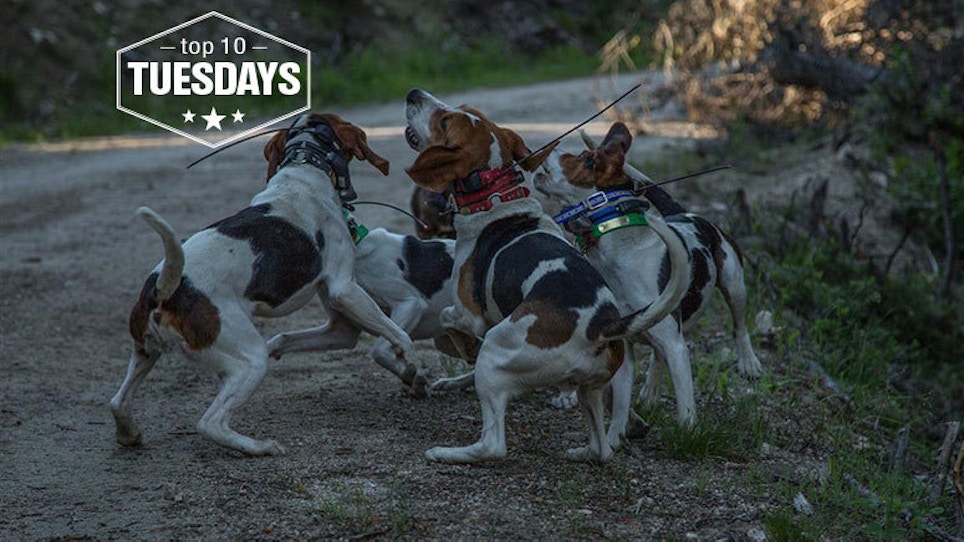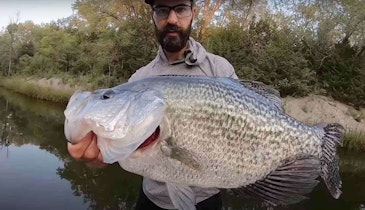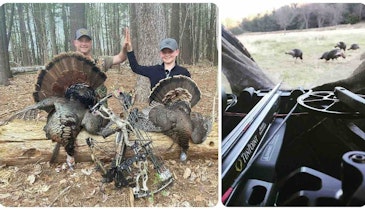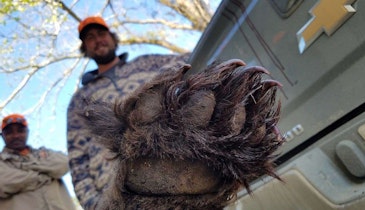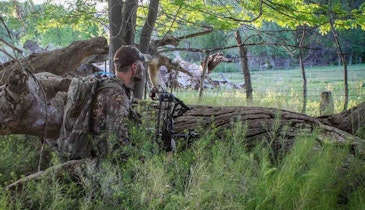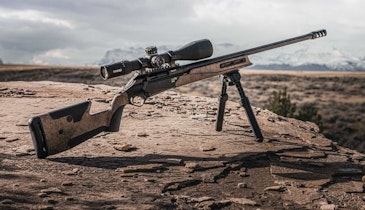It’s easy, sometimes, to take what we enjoy as Americans for granted and to forget that in most places around the globe these rights and privileges are not allowed. Here is my Top 10 list of things — some obvious and others not so obvious — that threaten hunting in America going forward.
1. Habitat Loss
As the population continues to grow, more and more land is bulldozed under for housing and infrastructure. This both shrinks the land available for wildlife to live and eliminates the amount of land open for hunting and other outdoor recreational uses. Surveys show America loses some 6,000 acres of wildlife habitat each day, most to urban sprawl. It’s interesting to note that 2008 marked the first time in human history more people worldwide lived in cities than in rural areas. In the U.S., about 80 percent of the population lives in urbanized areas, according to the U.S. Census Bureau. It’s harder to get out hunting and fishing when you live in the city.
2. Anti-Hunters
There are several organizations in America (and around the world) dedicated to one thing and one thing only: stopping all hunting. Many also advocate kooky ideas like veganism. You’ve heard of many of them, like the Humane Society of the United States (HSUS) and People for the Ethical Treatment of Animals (PETA), but there are many others aggressively attempting to take away the rights of hunters. We all must stay abreast of the anti-hunters and be prepared to fight them at every turn.
3. Politics
There is no shortage of elected officials on the local, state and national levels with an anti-hunting bias who try to pass onerous rules and regulations that make it harder and harder for Americans to go hunting. Know who they are, tell your friends and do everything you can to keep them from be re-elected.
4. Predators
The impact of native predators can be devastating in some instances. For a vivid example, look no further than the impact wolves have had on the once-thriving elk and mule deer populations in the Yellowstone ecosystem. Predators are an important part of our ecology, but they must be managed as we manage all other wildlife.
5. Poachers
Never forget that poachers are not hunters, they are criminals. Their illegal activities give all law-abiding hunters a bad name. It’s important to report poaching to local wildlife law enforcement officials.
6. Mother Nature
Diseases like EHD (bluetongue), chronic wasting disease, mange and others crop up from time to time, impacting local deer and other big-game populations. So, too, will a severe winter create local die-offs. Huge fires out West have a positive long-term effect on habitat, but produce short-term negative impacts. Not much we can do about it except continuing the research done by state and federal wildlife biologists hoping to keep threats at bay.
7. Overly Helpful Hunters
In some areas, “helpful” hunters have taken it upon themselves to try and help hunting in their local areas, only to create massive headaches for wildlife managers, by illegally transplanting wildlife from one place to another. Tops on this list are those who have transplanted feral hogs around the country. The problem has gotten so bad in some states that wildlife managers are doing all they can to wipe them out — at great cost to all of us.
8. Gun Control
We saw how government can impact gun owners when the Obama administration entered the White House and gun sales skyrocketed. This was because people thought Obama would drop the hammer on gun owners making it impossible to buy a new gun. Luckily, no such legislation has passed (gun rights activists have actually scored victories in the Supreme Court during Obama’s tenure), but with every new president and Congress there is the potential threat for anti-gun laws. Vote wisely.
9. Technology
Kids just don’t spend as much time outdoors as they use to, but they are spending more time playing video games, surfing the Internet and talking on their cell phones. A survey conducted by the Pew Internet & American Life Project found that virtually 100 percent of American teenagers (boys and girls) play video games. And according to a study done by the University of Michigan, the average child from ages 6 to 11 spends 28 hours in front of the television per week. It’s a telling sign of our culture. We’re becoming more sedentary and “indoorsy.” Kids aren’t use to being outside, breathing fresh air, chasing rabbits with sling shots and getting bit by mosquitoes.
10. Lack Of Awareness
Non-hunters and anti-hunters are not the same thing. Non-hunters do not oppose hunting; they just don’t partake in the activity because they may not understand why we hunt or our role in conservation. We depend on non-hunters to understand and appreciate us, because they have a political presence. That’s just one reason why all hunters must always present a positive image, follow game laws and show respect for the animals we hunt.
What do you think? Drop me a note at brobb@grandviewmedia.com and share your thoughts
